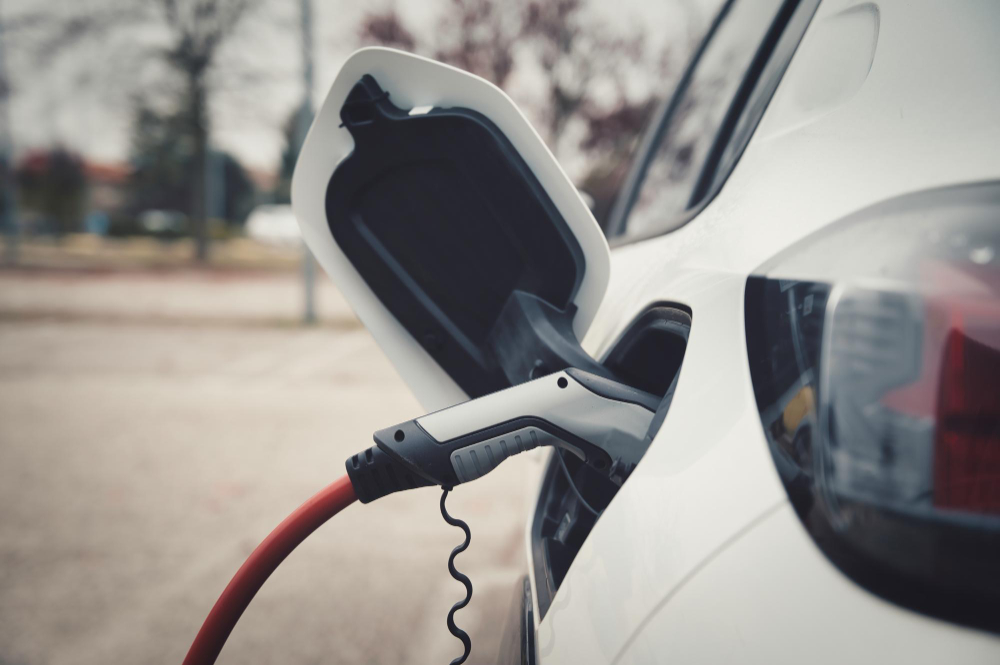Electric vehicles (EVs) are becoming increasingly popular as consumers seek cleaner, more sustainable transportation options. However, the success of EVs is heavily dependent on battery technology. In this article, we’ll explore the importance of electric vehicle batteries and how they unlock the full potential of EVs.
The Importance of Electric Vehicle Batteries
Electric vehicle batteries are the heart of an EV. They store the energy needed to power the vehicle and determine its driving range. Battery technology has come a long way in recent years, and several types of batteries are now available for EVs, including lithium-ion, solid-state, and hydrogen fuel cells.
The most prevalent type of battery used in EVs today is lithium-ion. They are reasonably priced, have a high energy density, and are lightweight. However, they have drawbacks, such as limited driving range and a short lifespan.

Solid-state batteries are a promising new technology that is currently in development. They offer several advantages over lithium-ion batteries, such as higher energy density, longer lifespan, and faster charging times. They are also safer and less prone to overheating and catching fire.
Hydrogen fuel cells are another type of battery used in EVs. They generate electricity by combining hydrogen and oxygen to produce water vapor, which is then released through the exhaust. Hydrogen fuel cells offer several advantages, such as longer driving range and faster refueling times. However, they are still in the early stages of development, and the infrastructure for hydrogen refueling is not as widespread as EV charging stations.
Unlocking the Full Potential of EVs
The success of EVs is heavily dependent on battery technology. Improving battery technology will unlock the full potential of EVs and make them more attractive to consumers. Here are some ways that battery technology is changing the game for EVs:
Longer Driving Range
One of the biggest challenges facing EVs is their limited driving range. However, advances in battery technology are making it possible for EVs to travel longer distances on a single charge. For example, the Tesla Model S has a driving range of up to 402 miles on a single charge, comparable to a gas-powered vehicle.
Faster Charging Times
Another challenge facing EVs is long charging times. However, advances in battery technology are making it possible for EVs to charge faster than ever before. For example, the Porsche Taycan can charge up to 80% in just 22.5 minutes, significantly faster than most other EVs.
Improved Battery Lifespan
Battery lifespan is another crucial factor in the success of EVs. However, advances in battery technology are making it possible for EV batteries to last longer than ever. For example, the Chevrolet Bolt EV has an estimated battery lifespan of 150,000 miles, comparable to a gas-powered vehicle.
Lower Cost
Finally, improving battery technology will make EVs more affordable and accessible. Battery costs have decreased significantly in recent years, and further technological improvements are expected to drive costs down even further.






